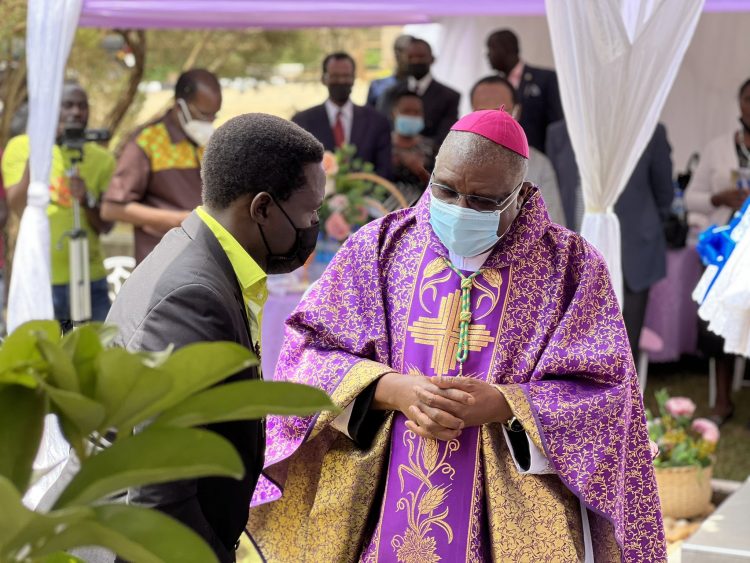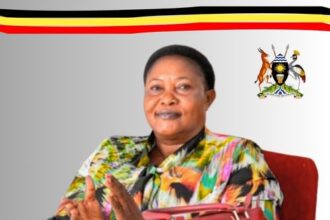By Dr Ian Clarke
I have just come back from South Sudan, and while I was there I was brought up to date with the progress on forming a government of national unity. The date for the bringing together of the new government is mid May, but it appears that the rebel faction represented by Riek Machar is now proposing a further delay.
This leaves South Sudan in quite an uncertain position as to what will happen later this month, since if there is still no agreement it is possible that fighting could break out again. The political situation is quite complicated with about thirteen rebel groups all with their individual demands. Each group wants changes that will benefit them, and it is not clear if there is a sufficient sense of nationhood that will bring everyone together.
North of the border there are big changes happening in Khartoum and one waits to see if there will be a satisfactory democratic outcome. President Bashir probably never imagined such a popular uprising, but the demonstrations could not be put down and the people have made it clear that they want a radical change in government.
While I was in South Sudan, the arrest of Bobby Wine and the clamping down on journalists was widely reported on the international media. While Uganda does not face the economic difficulties that brought events in Sudan to a head, there is no doubt that ‘the Ghetto President’ is tapping into a groundswell of desire for change among the urban poor. When any leader has been in power for a long time it is human nature that people want change. Margaret Thatcher and Tony Blair were both popular leaders but the longer they stayed the less popular they became until people became bitter and they were ousted from power. They would have been better to have left on a high.
This desire for change has not always ended well. Can one say that the Arab Spring made a real difference to people’s lives in Egypt, or did they swap one autocrat for another? In Zimbabwe is the regime of President Munangagwa any different from the rule of Mugabe? So there is always the desire for change, particularly if a President or Prime Minister has stayed for a long time, but there is no guarantee that the last state will be better than the first.
On the other hand change can come through maintaining the status quo. In Ethiopia a routine change of prime minister has resulted in some dramatic changes in that country. In Rwanda, no matter what one’s opinion of the President, it has to be acknowledged that he has made huge strides in the development of a country that suffered one of the worst genocides in history.
In our own country fifteen years ago we made a major change from the ‘movement system’ to multiparty democracy, accompanied by the abolition of the two-term limit Presidential limit. But the law of unintended consequences has resulted in huge resources now being diverted into politics, leaving correspondingly less for development. In Kenya there was a change from the long serving President Moi to a new political regime, though realistically it was a change from one elite political grouping to another with the dividing up of the spoils.
The issue is to balance the desire for change against the likely consequences of that change. The longer a president stays in power the more will be the desire for change no matter how good he is. It is also true that power corrupts and absolute power corrupts absolutely, and many good men have been compromised the longer they have stayed in power. But conversely how do you allow a ruler to concentrate on nation building and not become preoccupied by the politics of holding on to power? One could argue that President Museveni is an able president, therefore if we just abolished elections and let him concentrate on the real issues we would be better off, rather than every issue in Uganda being viewed through the lens of politics. But wait a minute, was that not what we had with Idi Amin?
So change is not always good, and a nation-building ruler can bring stability and development. But long time presidents tend to get preoccupied with the politics of staying in power, and the longer a ruler stays the more the people will want change. So realizing this, it is a matter of how change is handled, so that it brings progress development and not anarchy and destruction.
Do you have a story in your community or an opinion to share with us: Email us at Submit an Article






